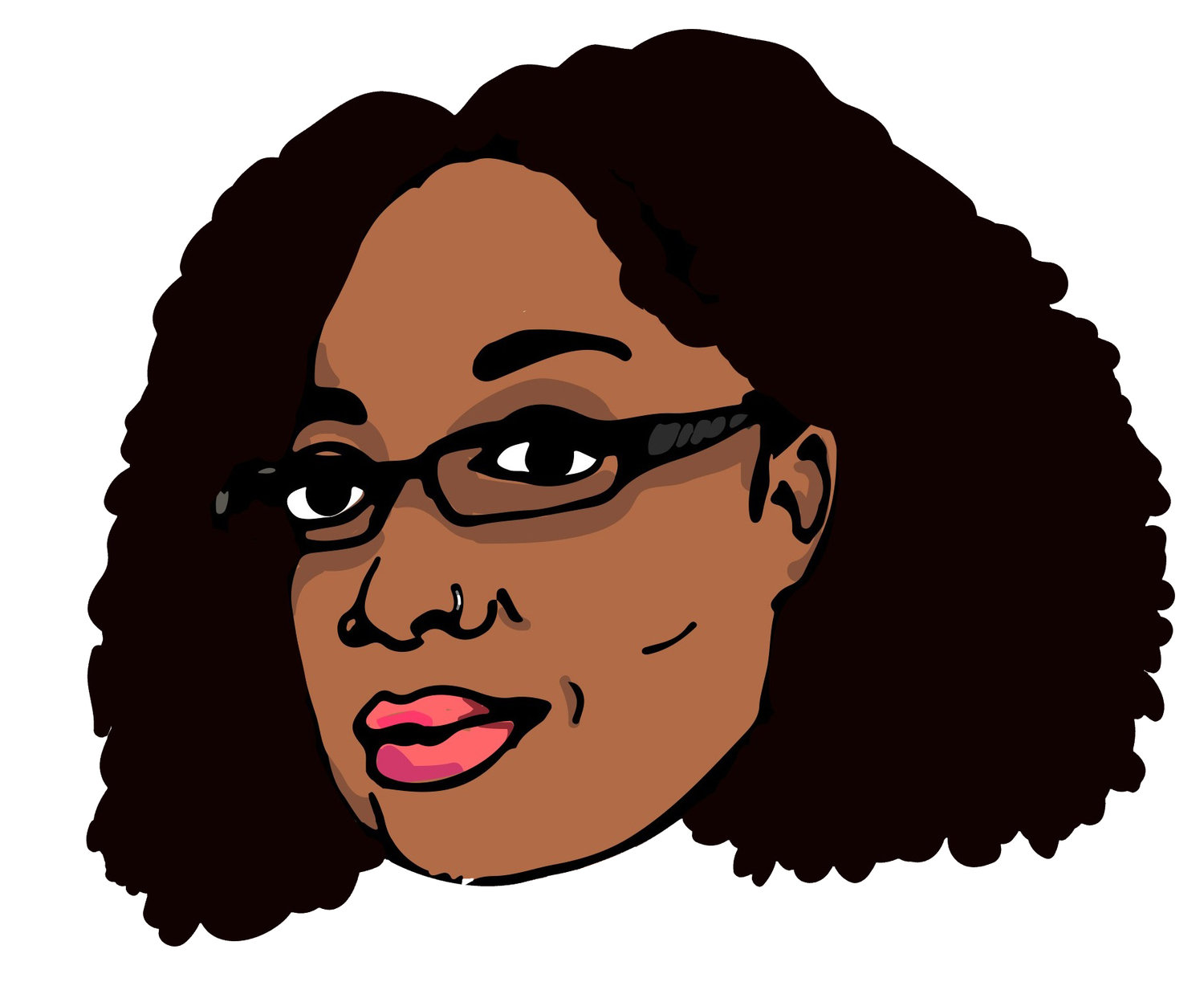I’m making an effort to (a) bring One True Thing back and (b) be even more unapologetically honest and vulnerable than I was before.
I enjoy having frank conversations about race with people. All people. While there’s usually an ease or safety to talking about race with Black people, I also find a lot of value in having these conversations with all of my friends — yes, including my white friends.
At this point in my life (31 years and 8 months old), I only know how to show up in every space and every relationship I’m in as myself. Y’all might get different slightly varying flavors depending on my mood and the context, but the meal is always gonna be the same. So if you’re gonna rock with me, you have to be able to participate in uncomfortable conversations about race, racism, Blackness, white supremacy, all of it. Truly.
For the most part, all of my friends — no matter what their ethnic or racial identities — are able to and seemingly enjoy doing the same. Sometimes, there are disagreements. Sometimes, there are blind spots and assumptions and things to unpack. Sometimes, there’s fervent agreement. Almost all of the time, there is a kind of learning that happens. It’s why I have not yet given up all hope on humanity, on our futures, on the possibility of better, kinder, more just, and more liberated days ahead.
But y’all, the one thing I notice my white friends have a really hard time understanding is how deeply impactful, harmful, and dehumanizing racist microaggressions really are. Seriously. It’s where all liberal white folks’ anti-racism training from June 2020 goes to die. By now, most well-intentioned, left-leaning white people understand that using racist epithets are wrong, that extrajudicial killings of Black and Brown people are wrong, that not trying and convicting those killers are wrong.
What they don’t understand is how moving through the world as a Black (or Indigenous or Asian or Latinx or Middle Eastern or Arab person) person and constantly encountering white people who say and do seemingly small or indirect or subtle things that are rooted in racism and discrimination isn’t just inconvenient for us. (Because we don’t necessarily experience those things are small or indirect or subtle…) Microaggressions harm us. They negatively impact our emotional and mental health, which then also often impacts our physical health as well. They dehumanize us. They make it impossible for us to move through the world with a sense of comfort or safety.
When I’ve explained to friends the racist microaggressions I’ve encountered at work, they do their best to be sympathetic. But they usually go into minimizing or justifying whatever the microaggression is. “Maybe they didn’t mean it that way…” or “Well, do you think it was actually…?” When it happens over and over and over again, it then becomes, “Ugh, I’m sorry. That sounds annoying/frustrating/exhausting…” Yes, but it also harmful, dehumanizing, and a threat to my safety and wellbeing. (Not to mention, the questioning and minimizing of the microaggressions are also… microaggressions.)
In the wake of Meghan Markle’s interview with Oprah, so many of my white friends have engaged in conversations about the Royal Family’s racism and treatment of Meghan — whether with me or on social media. They think what happened to Meghan and her son are terrible. What they don’t understand is… that same shit is happening to their friends everyday. Every person of color I know has experienced microaggressions in the workplace. Especially in Hollywood. The stories are always bad. The wrongdoers and the perpetrators are always protected — by the studios, by the networks, by the agencies. And often, by the very people of color they’ve harmed and victimized. Because we know when we speak up, our careers and livelihoods are on the line — not the people who have hurt us.
Let me clarify: Micgroaggressions aren’t annoying or frustrating. Racism is not a mere inconvenience. Microaggressions, especially when repeated consistently over a long period of time, harm us. They traumatize us. They are a reminder that many white people deep down truly believe that people of color are less deserving of our humanity than they are. We don’t deserve to be treated with compassion, care, or respect. We don’t deserve fair, authentic, and equal representation. Our stories and our lives are not worthy of the same nuance and complexity. Our labor, our talent, our brilliance does not hold the same economic or social value.
And of course, this is true for ALL marginalized and historically underserved communities and identities. But in the ongoing racial reckoning we’ve been having — starting with anti-Black racism last year and the current efforts to combat anti-Asian racism — I’m still waiting for the day the white homies will listen to me and say, “I hear you. I see you. Your experience and your pain is valid. You don’t deserve for these things to be said or done in the first place, let alone excused and minimized. It’s not up to me to decide how long you’re allowed to hurt, or how you should be allowed to cope with it. It’s awful that you must protect the people who have harmed you, in fear of retaliation and more racist behavior. It’s disgraceful that working in this industry often means you are forced to choose between your livelihood and your personhood.”
Hopefully, we’ll get there.
